Originally from Buffalo, New York—Stephen attended Ohio’s Miami University. There, he obtained a Bachelor of Arts in Architecture as well as a minor in Interactive Media Studies. This powerful combination has allowed him to continuously hone his architectural rendering skills and personal design theory.
Schwab finds great passion in blending built worlds with the natural ones that surround them. He is interested in environmental efficiencies, and small improvements that make big differences. Stephen Schwab is a firm believer in the famous architectural quote from Mies Van DerRohe, “the devil is in the details.”
Currently, Stephen works alongside our Residential, Retail, and Hospitality design teams. However, he is always interested in expanding his knowledge base and portfolio of experience.
What is the most important tool of your trade, and why?
For me, the most useful tool is Lumion. Rendering is an excellent way to not only get a client to see the space, but to also get your own feel for a space. Not only does it let you walkthrough, it allows you to experience it and see parts that may not have been thought about yet. Lumion makes it much easier to find collisions and errors during the design process.
The best compliment I can receive about my work is when someone asks, “is that as photograph or a rendering?” My goal is to get to that level with every project I work on.
Describe the moment you realized architecture was for you.
When I was little, my parents took me on a trip to see the Darwin Martin house by Frank Lloyd Wright in downtown Buffalo. This was one of the first times that I recognized architecture can be more than just ‘copy and paste’ homes. It can be designed around experiences. One of the concepts that has always stuck with me was that the entry way was purposefully designed to feel small and cramped to make people subconsciously feel like they should move to the main foyer or living room. The way he used the change in ceiling heights to move people through out the space was inspiring.
How do you define the success of a project?
A successful project is when you tour through the final product with the owner and they say things like, “it’s amazing that you thought about that detail or that small of a coordination.”
For me, it is the final 5% of a design—that last little bit of detailing—that really make a project successful.


